
Results of a retrospective cohort study show that use of intracytoplasmic sperm injection is on the rise but cast doubt on whether the technology is improving reproductive outcomes. Brian Levine, MD, MS provides commentary.

Results of a retrospective cohort study show that use of intracytoplasmic sperm injection is on the rise but cast doubt on whether the technology is improving reproductive outcomes. Brian Levine, MD, MS provides commentary.

Opioid use in women of reproductive age should be better monitored, and physicians should be more judicious in their prescribing, says a CDC report.

Women with more severe vasomotor symptoms and night sweats may be at risk of having poorer bone health, according to a prospective observational study.
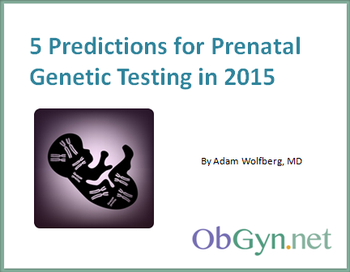
These 5 predictions by Adam Wolfberg, MD, provide insight into how genetic testing-NIPT to microarray and cost to quality-continues to evolve.
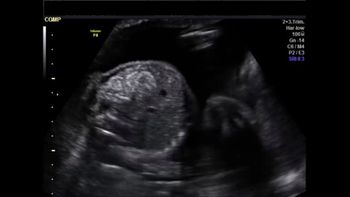
Challenge your diagnostic skills. What's your diagnosis based on these abdominal images of a late second trimester fetus?

A Nordic study of more than 92,000 children shows that perinatal outcomes after use of assisted reproductive technology (ART) have improved considerably in the past 20 years.

A first-of-its-kind prospective study by researchers from Australia shows that women who have operative deliveries may be at increased risk of dyspareunia during the postpartum period.
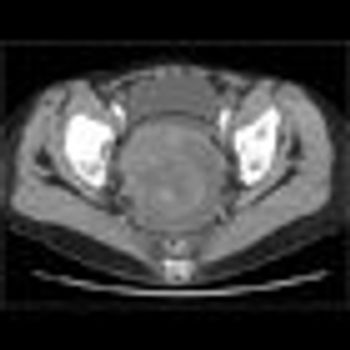
Could the approval of bevacizumab for advanced cervical cancer and platinum-resistant ovarian cancer last year lead to patient-specific therapies?

Almost nobody says "obstetrician-gynecologist" when speaking about these specialist physicians. But what's the "correct" way to pronounce OB/GYN?
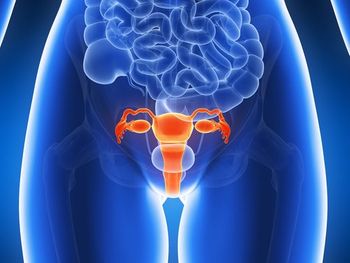
Nearly 1 in 5 hysterectomies for benign indications were unnecessary, and nearly 2 in 5 had unsupportive pathology in women younger than 40.

The Joan Rivers' case revealed that safety protocols can be ignored. So how can patients, especially pregnant patients, be reassured that they are in good hands?

Analysis of data from more than 2.2 million vaginal deliveries shows that episiotomy declined between 2006 and 2012 and nonmedical factors may have been at play. The findings were published in a Research Letter in JAMA.

According to a new study, women aged 65 and older who have metabolic syndrome may be at higher risk of developing all types of endometrial cancer.

Black women who work the night shift may be at greater risk of incident type 2 diabetes, according to recent results from an ongoing prospective cohort study. The more time a woman spent working a night shift, the authors also found, the higher the risk of the disease.
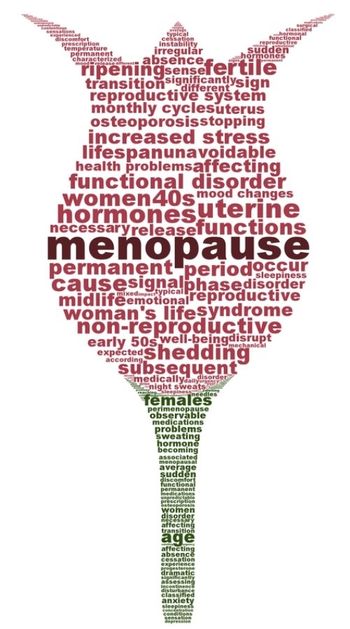
Vaginal estrogens are effective options for managing bothersome symptoms related to genitourinary syndrome of menopause in postmenopausal women.
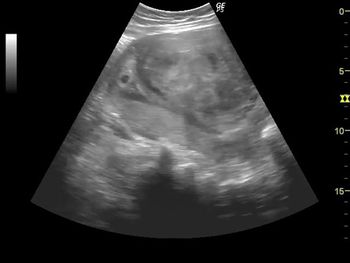
Challenge your diagnostic skills. What uterine-related findings are revealed in this pelvic scan?

A new report shows that 7 of the top 10 jobs for 2015 are in health care. And physician tops the list of best-paying jobs. Is your job in the top 10?

Yalda Afshar, MD, PhD, Contemporary OB/GYN's residency blogger, reveals her New Year's realizations and resolutions as she heads into 2015.
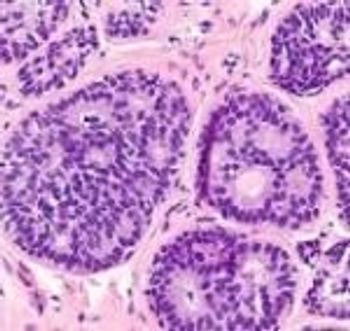
New evidence reveals that risk prediction for breast cancer is imperative in women with atypical hyperplasia of breast tissue.

According to a new study in Gynecologic Oncology, women who have polycystic ovary syndrome (PCOS) may be at greater risk of developing some types of cancer.

A study of nearly 4 million women indicates that there is no causal relationship between the quadrivalent human papillomavirus (qHPV) vaccination and the risk of multiple sclerosis (MS) or other demyelinating diseases.

A meta-analysis shows use of hormonal contraception, compared with nonhormonal or no contraception, ups the risk of HIV infection in sub-Saharan Africa.
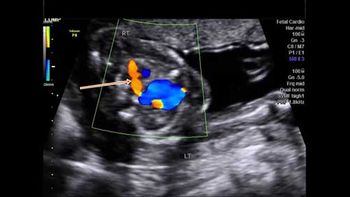
This 18-week fetus has a vascular anomaly. Can you identify it?
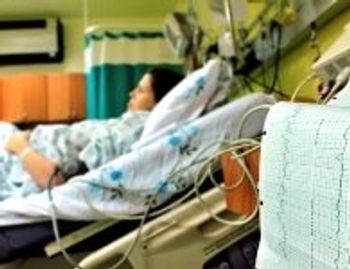
Can patients who desire a natural birth or vaginal delivery truly participate in shared decision making in a system of care that trends toward c-sections?

A reader takes issue with the authors' assertion that risk of ureteral injury is higher for vaginal hysterectomy.

A new CDC report shows that while perinatal mortality rates are continuing to decline-down 10% since 2000-the US fetal mortality rate for the latest study period (2006–2012) did not improve.
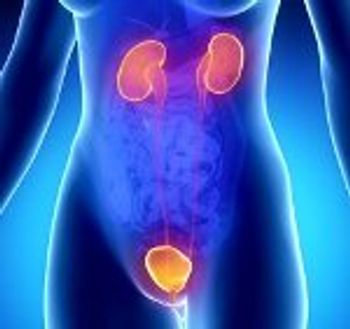
New research has found a link between day-of-surgery urinary microbiota and the likelihood of a urinary tract infection after pelvic floor surgery.

Our reviewer took two products for gynecologic surgeons for a test drive. Here's what he found.

In this blog, one OB/GYN details how she pulled herself out of a professional rut and became re-inspired after 20 years of clinical practice.